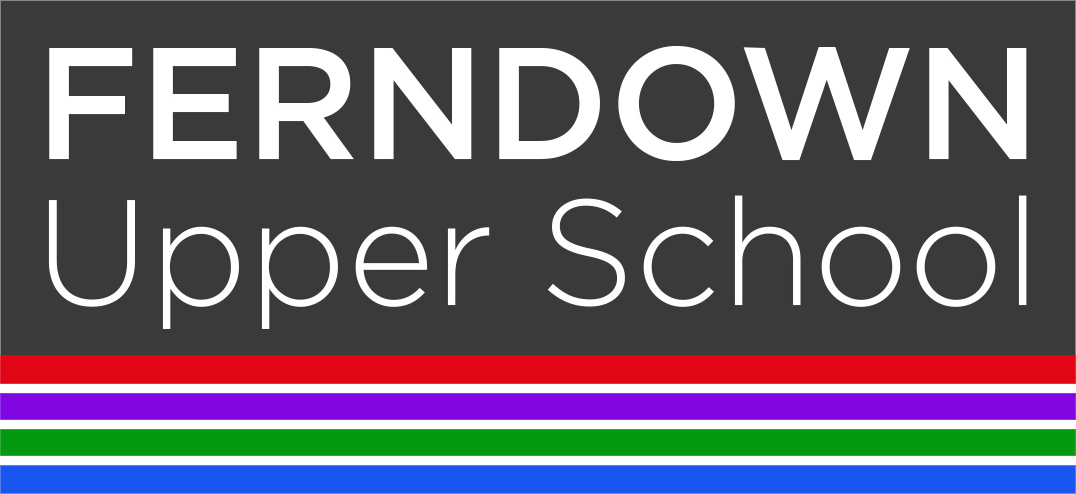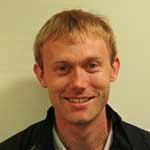Level 2 Technical Award in Health and Fitness (V-Cert)
Overview:
This course is the equivalent of a GCSE from a level 2 Pass and above. The course covers 8 key content areas which are assessed through a theory exam and coursework project. The theory exam is 40% of the overall grade and is sat in the summer of Year 11. The coursework project is the equivalent of 60% of overall grade. This will also start in year 11 and will be completed by February. When students are not doing their project or timetabled in a classroom for their exam prep they will be doing practical PE.
Exam:
- It is worth 40% of your final grade
- It is out of 80 marks.
- The exam is 1 hour 30 minutes
Course work project
- It is worth 60% of your overall grade
- It brings together all of your knowledge form the 8 key content areas
Overview – Why take Health and Fitness?
- This is a vocational qualification – so theory and practically based.
- It is equivalent to GCSE grades 8.5 – 1.
- It is ideal for students who want to develop a core knowledge and understanding and know how to apply these qualities to the Health and Fitness sector.
- It can lead to other Level 2 (GCSE) or Level 3 (A Levels) qualifications.
- Other subjects that complement the course are: Food preparation and nutrition, Maths, English and Science.
You should take V-Cert if… |
|
Where can V-Cert take you… |
|
Careers in Physical Education
There is a wide range of jobs available in this sector. Recruitment opportunities into careers in Physical Education, is always competitive.
There are a number of career settings that you can become involved with and progress in. These include Sport, Health, Fitness, leisure and teaching.
Below are some ideas of the different types of career opportunities you could get involved with:
Professional Sport: Performer/player, Fitness coach, Sports coach, exercise & sport scientists, performance data analysist, dietitian, Media & marketing consultant, website design, sport development officer, Sport commentator, Club physio/doctor, catering manager, assistant coach and youth team coach.
Health: Doctor, Physio, sports therapist, sports massage, nurse and working in other areas of the NHS.
Fitness: Gym manager, Personal trainer, yoga instructor, fitness instructor, professional fitness coach.
Teaching & Public Services: Primary school teacher, secondary school PE teacher, Sports Coach, Police officer, Fire fighter, Royal Marines, Army
Leisure: Swimming teacher, Duty Manager, Sports coach, lifeguarding, leisure centre management, outdoor activities instructor, children’s party co-coordinator
Labour Market Information – LMI
It is useful to look at the labour market when thinking about a career in Sport, Fitness, health and leisure. The links below provide good quality information about the LMI in the industry and this is only growing with a large emphasis being placed nationally on health and well-being
https://www.bbc.co.uk/bitesize/articles/zmfkrj6
https://www.lboro.ac.uk/study/school-college-liaison/resources/wim/ssehs/sportnew/
https://www.apprenticeships.gov.uk
Learning Pathways
The are lots of different pathways into the vast range of careers in sport, fitness, health and leisure where the national governing bodies offer various coaching qualifications, Premier training offer various fitness instructing and personal training qualifications, but in addition to these examples where these would be more apprenticeship based there are also academic pathways as well. The different pathways are highlighted below:
Post-16 examples: A Level in Physical Education, Level 3 in Sport & physical activity, T level in Health, Level 3 Public Services.
Degree examples: Sports coaching, Sport & exercise science, Sport psychology, Sport rehabilitation, Sports management, Physiotherapy, Sports therapy.
Apprenticeship examples: Lifeguard, recreation assistant, personal trainer, fitness instructor, sports coach, events assistant, outdoor activity instructor, teaching assistant.

